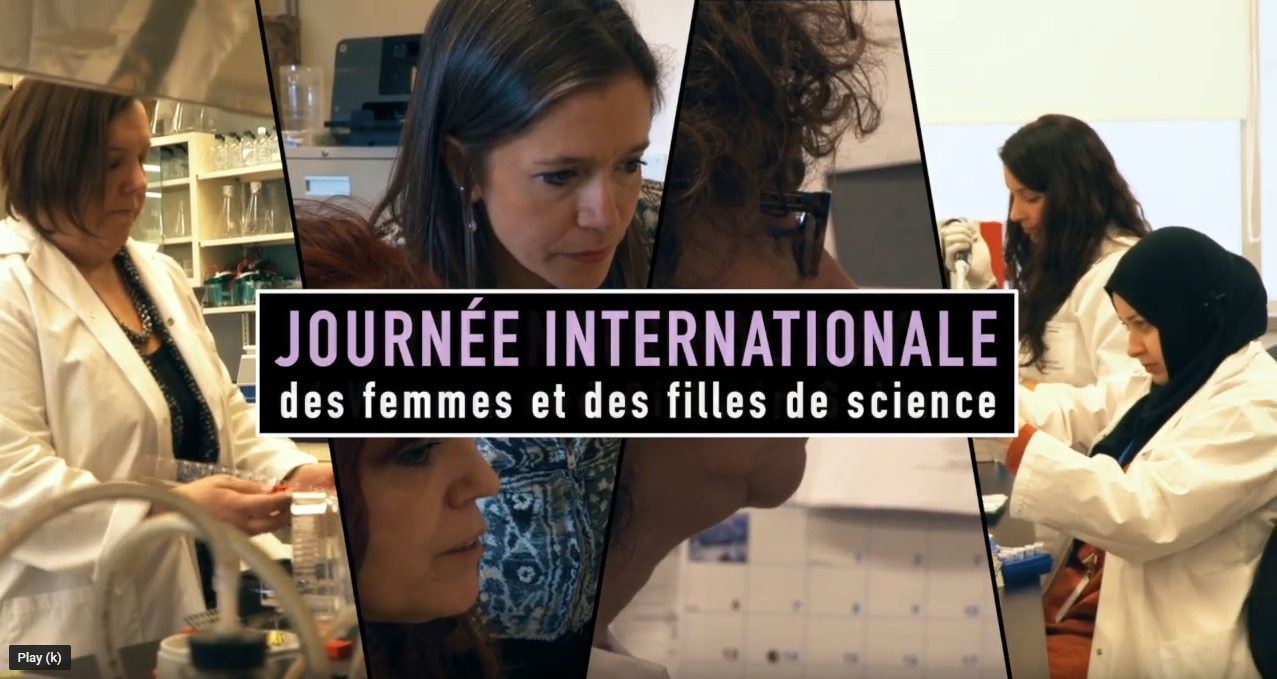Treatment and Important Facts
Important facts about treatment
The following are some important principles related to the treatment of blood clots. They apply to both Deep Vein Thrombosis (DVT) and Pulmonary Embolism (PE).
1. Treatment almost always involves blood thinners also known as anticoagulants. There are exceptional situations such as:
- Your risk of bleeding
- The size and location of your blood clot
- The type of blood clot
2. Anticoagulants don’t dissolve the clot. Your own body dissolves the clot over time. Anticoagulants prevent the existing clot from getting larger and the formation of other blood clots in your body.
3. Anticoagulants come in different forms:
- Pills that are taken by mouth
- Injections that are administered with a small needle just underneath the skin of the abdomen
- Intravenous medication administered while hospitalized through an IV
4. Not all people are on the same dose or type of anticoagulation:
- Your doctor will tailor your therapy based on many different factors including, but not limited to: your age, other medical conditions, risks of bleeding, and your preference.
5. The duration of treatment is not the same for every patient:
- Your doctor will determine the duration of therapy based on many factors including, but not limited to: the circumstances surrounding your clot, your other medical conditions, your risk of bleeding, your sex, and your preference.




